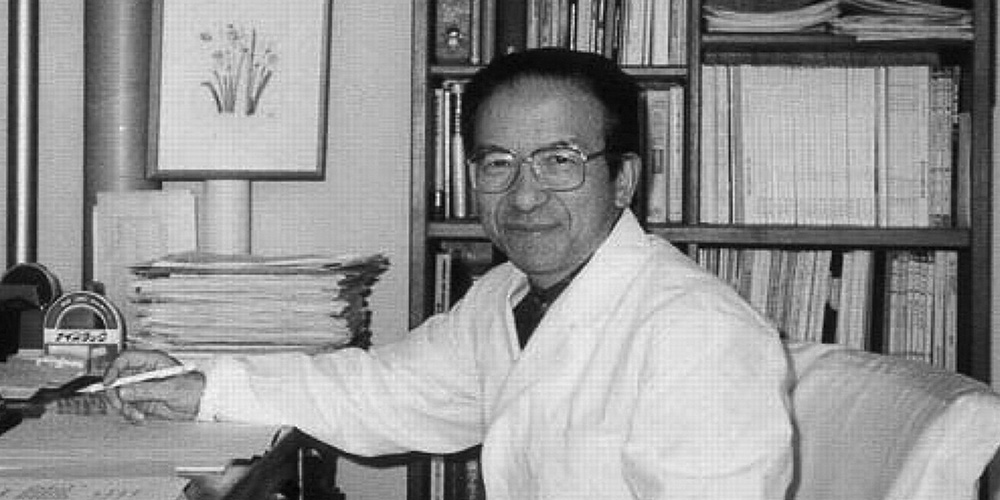In memoriam: Isao Yamazaki

Yamazaki was born September 1, 1924 in Otaru City, Hokkaido, Japan. He obtained his bachelor's degree in 1948 at Hokkaido University and his doctorate in 1958. His graduate research focused on peroxidase reactions.
After serving for two years on the faculty at Tohoku University, Yamazaki pursued a postdoctoral fellowship in 1959 in the department of biochemistry at the University of Oregon Medical School where he began his work on free radicals with Howard Mason. He returned to Japan and to Tohoku University in 1961, and he served concurrently in the Applied Electrical Research Laboratory at Hokkaido University. He pursued groundbreaking research on enzyme reactions, electrons and reactive oxygen species for 34 years.
Yamazaki’s work on free radicals was honored and highlighted in a 2010 Journal of Biological Chemistry Classics article by Robert Hill, a longtime biochemistry faculty member at Duke University.
Hill and his coauthors wrote that both papers covered in the Classics article “not only demonstrated the excellent correlation of the free radical signals with the proposed reaction kinetics but also confirmed Leonor Michaelis' theory that the two-step oxidation of organic compounds involves a chemical radical.”
After retiring from Hokkaido University in 1988, Yamazaki became a visiting professor at Utah State University, Logan, where he continued to do research.
Yamazaki received many honors including being elected an honorary member of the American Society of Biological Chemists in 1983. After his scientific career, he pursued Buddhism research and published a book titled “The Origin of Buddhism, Its Wisdom and Faith.”
Enjoy reading ASBMB Today?
Become a member to receive the print edition four times a year and the digital edition monthly.
Learn moreGet the latest from ASBMB Today
Enter your email address, and we’ll send you a weekly email with recent articles, interviews and more.
Latest in People
People highlights or most popular articles

From humble beginnings to unlocking lysosomal secrets
Monther Abu–Remaileh will receive the ASBMB’s 2026 Walter A. Shaw Young Investigator Award in Lipid Research at the ASBMB Annual Meeting, March 7-10 in Washington, D.C.

Chemistry meets biology to thwart parasites
Margaret Phillips will receive the Alice and C. C. Wang Award in Molecular Parasitology at the ASBMB Annual Meeting, March 7-10 in Washington, D.C.

ASBMB announces 2026 JBC/Tabor awardees
The seven awardees are first authors of outstanding papers published in 2025 in the Journal of Biological Chemistry.

Decoding how bacteria flip host’s molecular switches
Kim Orth will receive the Earl and Thressa Stadtman Distinguished Scientists Award at the ASBMB Annual Meeting, March 7–10, just outside of Washington, D.C.

Thiam elected to EMBO
He was recognized during the EMBO Members’ Meeting in Heidelberg, Germany, in October.

The timekeepers of proteostasis
Learn about the cover of the winter 2026 ASBMB Today issue, illustrated by ASBMB member Megan Mitchem.
